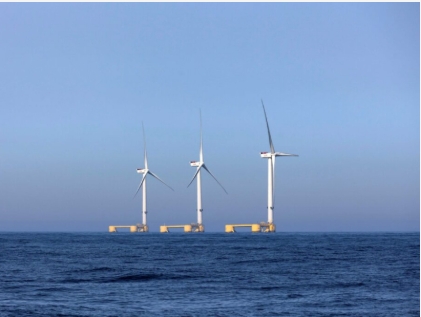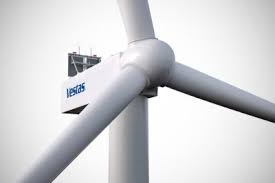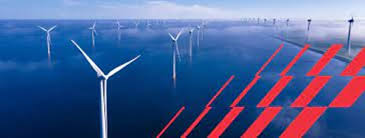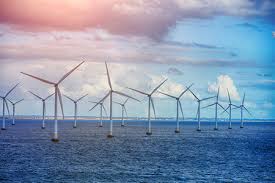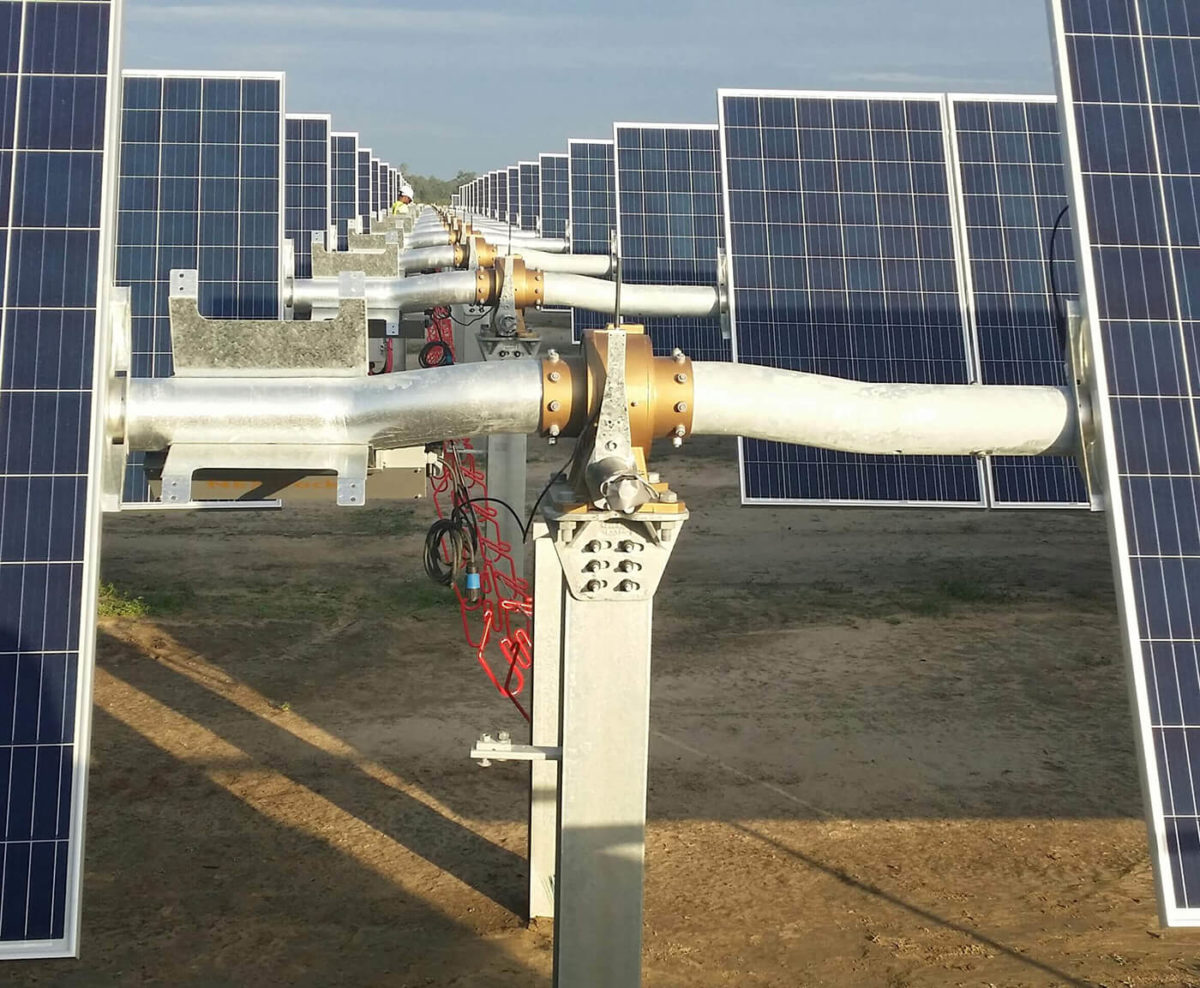 Woodland Solar, Isle of Wight, Finished Installation of tracking system with PV modules (Courtesy: Dominion Virginia)
Woodland Solar, Isle of Wight, Finished Installation of tracking system with PV modules (Courtesy: Dominion Virginia)By Ken Bossong, SUN DAY Campaign
Based upon a review by the SUN DAY Campaign of data newly released by the Federal Energy Regulatory Commission (FERC), utility-scale solar and wind provided the majority of new U.S. generating capacity added in the first half of 2023.
In its latest monthly “Energy Infrastructure Update” report (with data through June 30, 2023) FERC reports that of the 17,017-MW of new generating capacity placed in service during the first half of 2023, 5,867-MW (34.48%) came from solar and another 2,750-MW (16.16%) from wind for a combined total of 50.64%. Including new capacity from hydropower (254-MW), geothermal (44-MW), and biomass (30-MW), the mix of renewables accounted for 52.57% of the new generation added. Most of the balance came from 8,025-MW of natural gas (47.16%). The rest was comprised of 16-MW of new oil capacity and 31-MW of waste heat.
The new solar capacity added between January and June was more than that for the first half of any prior year reported by FERC. Utility-scale solar is now 6.97% of total available installed generating capacity. Wind is another 11.62%. Taken together, the mix of all renewables now accounts for 28.06% of the total. A year earlier, it was 26.74% while five years ago it was 20.67%. Thus, renewables are adding about 1.5% each year to their percentage share of the nation’s generating capacity. And that growth may be accelerating.
Over the next three years (i.e., by June 2026), FERC anticipates “high probability additions” of solar to provide another 81,284-MW while wind is expected to expand by 19,734-MW. Assuming that materializes, in three years, solar and wind combined would provide over a quarter(26.01%) of U.S. generating capacity. Wind would account for 12.41% of installed capacity while utility-scale solar would provide another 12.60% . That is, installed solar capacity is poised to overtake that of wind within three years, making it the largest renewable source by capacity. And that does not include generating capacity provided by small-scale, distributed (e.g., rooftop) solar. [1]
Factoring in FERC’s forecasts for hydropower, geothermal, and biomass, renewable energy sources would expand from today’s 28.06% of installed generating capacity to 33.99% – i.e., over a third – by June 2026.
For perspective, utility-scale solar’s share of U.S. generating capacity by June 2026 could be more than four times that of oil (2.68%), substantially greater than that of nuclear power (7.58%), and nearly equal to that of coal (13.95%).
Solar and wind’s share of U.S. generating capacity could actually be substantially higher if new capacity exceeds FERC’s forecast of “high probability additions.” The agency indicates that the amount of solar and wind in the three-year pipeline could be nearly three times higher than the total of the “high probability additions”. Solar could add 214,563-MW while wind could grow by 66,286-MW.
Moreover, recent history suggests that solar and wind growth is outpacing FERC’s predictions for “high probability additions.” A year ago, FERC forecast “high-probability additions” for wind and solar within three years of 17,225-MW and 66,315-MW respectively. FERC’s latest 3-year outlook for those sources is now more than a fifth (20.9%) higher.
Meanwhile, if just FERC’s “high probability” forecasts materialize, by June 2026, installed U.S. fossil fuels’ share of total capacity will drop significantly: natural gas – 41.65% (from 44.41% in June 2023), coal – 13.95% (from 16.43%), and oil – 2.68% (from 2.87%). Nuclear power will also fall from 8.06% today to 7.58% in June 2026.
“Solar and wind combined continue to add more new capacity to the nation’s electrical generating mix than any other energy source,” noted the SUN DAY Campaign’s executive director Ken Bossong. “Within three years, they will each account for over an eighth of U.S. generating capacity while the combination of all renewable sources will be over a third.”


